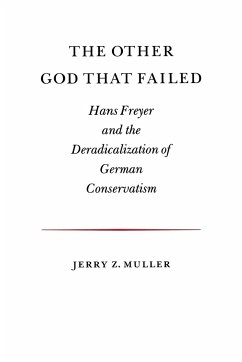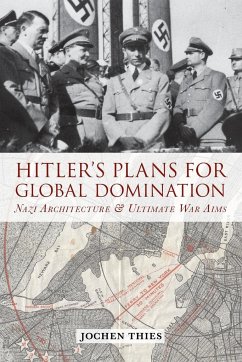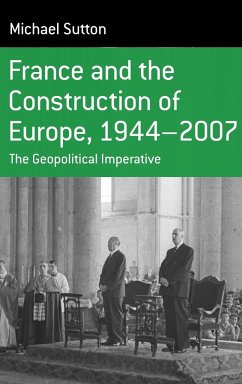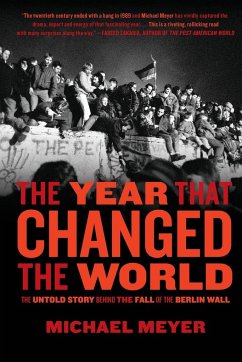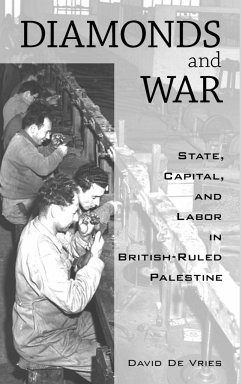
The Plans That Failed
An Economic History of the GDR
Versandkostenfrei!
Versandfertig in 1-2 Wochen
130,99 €
inkl. MwSt.

PAYBACK Punkte
65 °P sammeln!
Based on the literature of the GDR and supplemented with a number of so far unpublished documents The most comprehensive account of the GDR economy available in English An English translation of a bestselling German study



